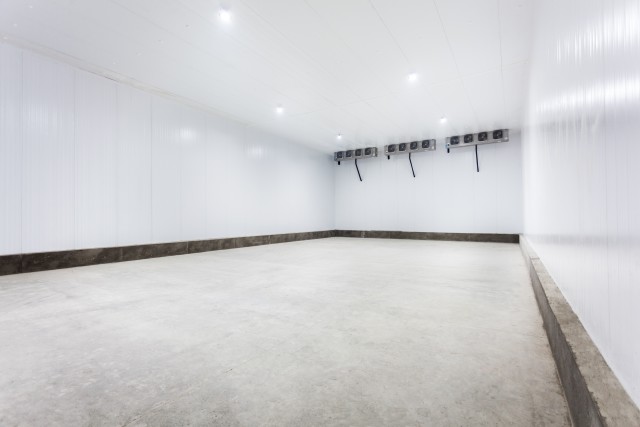The Basics of Air Conditioning & Refrigeration
Air conditioning and refrigeration are essential components of modern life, providing cool and comfortable living spaces, preserving food and medicine, and ensuring the efficient operation of industrial processes. In this article, we will explore the basic principles of air conditioning and refrigeration, including the differences between the two, the mechanics of how they work, their benefits, and common applications.
What is Air Conditioning?
Air conditioning is a system that cools, dehumidifies, and circulates air in an enclosed space. The purpose of air conditioning is to maintain a comfortable temperature and humidity level, which can be essential for both personal comfort and the efficient operation of industrial processes. Air conditioning systems can be used in a variety of settings, including homes, offices, hospitals, schools, and factories.
How Does Air Conditioning Work?
Air conditioning systems work by using a refrigerant, a substance that can absorb heat from one location and release it in another. The refrigerant is circulated through a closed system of pipes and components, including a compressor, condenser, and evaporator. As the refrigerant circulates through the system, it undergoes changes in pressure and temperature, allowing it to absorb heat from the air inside a building and release it outside.
Benefits of Air Conditioning:
- Improved comfort and productivity in hot and humid environments
- Reduced risk of heat-related illnesses
- Improved indoor air quality through filtration and ventilation
- Preservation of sensitive materials, such as electronic equipment and art
Common Applications of Air Conditioning:
- Residential homes and apartments
- Office buildings and commercial spaces
- Hospitals and healthcare facilities
- Schools and educational institutions
- Manufacturing and industrial processes
What is Refrigeration?
Refrigeration is a system that uses the same principles as air conditioning to cool and preserve food, medicine, and other perishable items. Refrigeration systems can maintain temperatures below freezing, which is essential for preserving certain items such as vaccines and blood products. Refrigeration systems are also used in industrial processes, such as chemical manufacturing and petroleum refining.
How Does Refrigeration Work?
Refrigeration systems work by circulating a refrigerant through a closed system of pipes and components, including a compressor, condenser, and evaporator. As the refrigerant circulates through the system, it absorbs heat from the items inside the refrigerated space and releases it outside, keeping the interior of the space at a consistent temperature.
Benefits of Refrigeration:
- Preservation of food, medicine, and other perishable items
- Extended shelf life of sensitive products
- Maintains a consistent temperature and humidity level
- Prevents the growth of bacteria and other pathogens in food and medicine
Common Applications of Refrigeration:
- Grocery stores and supermarkets
- Restaurants and food service businesses
- Pharmaceutical and medical facilities
- Laboratories and research institutions
- Industrial and manufacturing processes
FAQs:
Q: Is air conditioning the same as refrigeration? A: While air conditioning and refrigeration systems use similar principles, they are designed for different purposes. Air conditioning systems are used to cool and dehumidify enclosed spaces, while refrigeration systems are used to preserve perishable items and maintain consistent temperatures.
Q: How often should I service my air conditioning or refrigeration system? A: It is recommended to have your air conditioning or refrigeration system serviced at least once a year to ensure it is operating efficiently and to prevent potential issues.
Q: Can air conditioning or refrigeration systems be used in outdoor spaces? A: Yes, air conditioning and refrigeration systems can be designed and installed for outdoor use, such as in parks, sports stadiums, and outdoor events.


